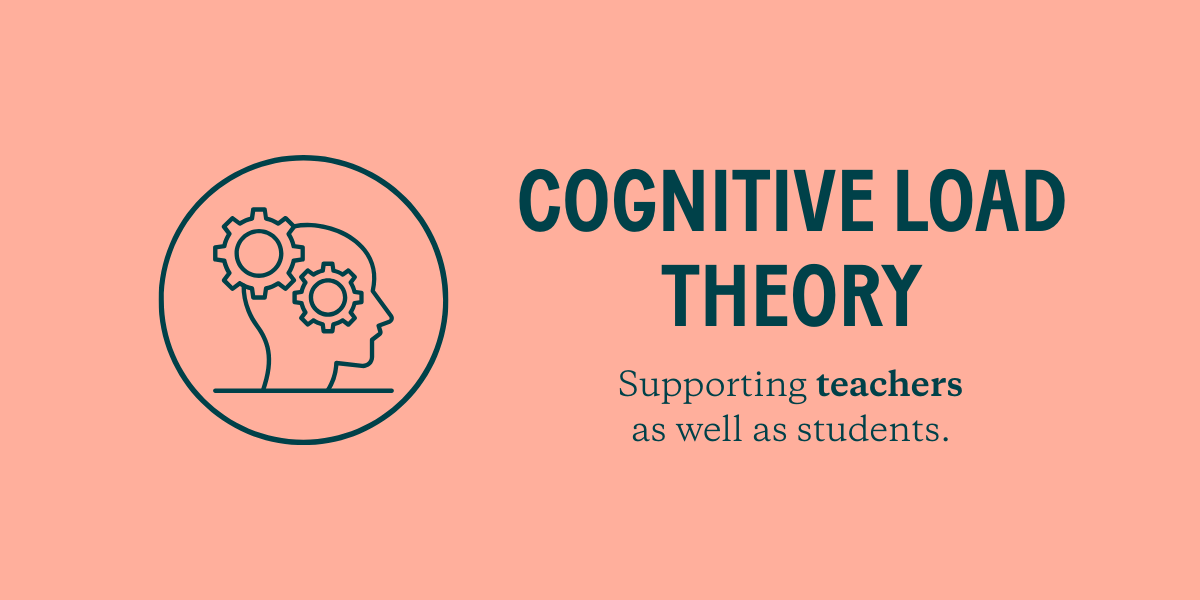From Novice to Expert: Supporting Teachers Through Cognitive Load Theory
When it comes to helping teachers grow from novices to experts, decades of research in education and cognitive science point to one powerful idea: ...
K-12Discover how Readable English is transforming reading instruction |
PROGRESS MONITORINGEasily assess and monitor growth with data-driven insights and reporting tools |
PROFESSIONAL SERVICESDiscover the services that support your success, from virtual training to expert coaching |
INDIVIDUALSStrengthen your reading skills with an interactive app tailored to your learning needs |
PARENTSEmpower your child's reading journey with an interactive app and expert strategies for home support |
|

|
Rethinking Reading: How One District Transformed Instruction (SmartBrief)Discover how a bold shift in reading instruction helped struggling learners thrive - and the critical role Readable English played in their success.
|
RESEARCH & RESULTSExplore peer-reviewed studies and real-world case studies on Readable English in action |
BLOGExplore articles on feature highlights, research deep-dives, and the latest literacy insights |
EBOOKDownload the ebook Why Learning to Read English is So Hard and how to Make it Easier |
CUSTOMER STORIESDiscover how educators and administrators are transforming literacy with Readable English |
RESOURCE AND PRODUCT ENABLEMENT LIBRARYFind essential educational references and instructional materials to enhance teaching |
FAQSFind essential educational references and instructional materials to enhance teaching |
NEWS & EVENTSStay up to date with media coverage, webinars, and upcoming events featuring Readable English |
|
|
Rethinking Reading: How One District Transformed Instruction (SmartBrief)Discover how a bold shift in reading instruction helped struggling learners thrive - and the critical role Readable English played in their success. |
2 min read
%202.png) Tim Waldron
:
June 5, 2024
Tim Waldron
:
June 5, 2024
In the journey of education, the ability to read is often heralded as the gateway to knowledge, empowerment, and success. Yet, for many children, this seemingly straightforward task can present formidable challenges. As educators and parents, understanding the intricate connection between cognitive load theory and a child's ability to read is crucial in ensuring that every child, regardless of their background or cognitive capacity, has the opportunity to unlock the world through literacy.
Cognitive load theory, a concept rooted in cognitive psychology, posits that the human brain has a limited capacity for processing information. When learning new tasks or concepts, individuals face cognitive load, which can be divided into intrinsic, extraneous, and germane loads. In the context of reading, intrinsic cognitive load refers to the inherent complexity of decoding text, understanding vocabulary, and comprehending syntax. Extraneous cognitive load encompasses the additional mental burden imposed by distractions, inefficient teaching methods, or overwhelming task demands. Finally, germane cognitive load involves the cognitive effort devoted to meaningful learning and comprehension.
For children with varying cognitive abilities, the challenge of reading can be magnified by factors such as learning disabilities, language barriers, or socio-economic disparities, and simply that the language of English is so difficult to read given the chaotic structures of its spelling. In such cases, the cognitive load associated with reading may overwhelm their capacity to process information effectively, leading to frustration, disengagement, and a widening achievement gap.
As educators and advocates, we must recognize the moral imperative to ensure that every child has equitable access to literacy. Reading is not merely a skill; it is a fundamental right that empowers individuals to navigate the complexities of the modern world, pursue their passions, and participate fully in society. By embracing cognitive load theory as a guiding principle, we can adopt evidence-based strategies to support diverse learners on their literacy journey.
My own experience as a parent has illuminated the profound impact of cognitive load on a child's ability to read. Watching my child struggle to grasp the complex rules of phonics and decoding was a poignant reminder of the cognitive hurdles that many children face in their quest for literacy. Despite our best efforts to provide support and encouragement, the intrinsic and extraneous cognitive load associated with reading posed significant challenges.
However, amidst the frustrations and setbacks, there were moments of triumph and resilience. Through personalized interventions, multisensory learning techniques, and a nurturing environment, my child gradually began to unravel the mysteries of language and literacy. Each small victory was a testament to the power of perseverance and the transformative potential of education.
Reflecting on this journey, I am reminded of the profound responsibility we bear as parents, educators, and members of society to ensure that every child has the opportunity to succeed. We cannot afford to overlook the cognitive barriers that impede learning or dismiss the diverse needs of our students. Instead, we must champion inclusive practices, advocate for resources and support services, and cultivate a culture of empathy and understanding.
📚 Reminder: Join us for an insightful webinar, "A District’s Playbook to Transform Reading Instruction," where we dive into the practical strategies and proven methods employed by an experienced principal to tackle one of the most pressing challenges in education: ensuring all students become proficient readers. 📚
🗓️ Date: June 12, 2024
⏰ Time: 11:00AM - 12:00 PM Central Time
🔗 Register here: https://hubs.la/Q02zy8YM0

When it comes to helping teachers grow from novices to experts, decades of research in education and cognitive science point to one powerful idea: ...

At first glance, words like five, move, and gone look simple. But for beginning readers, decoding these words can be far from easy. This infographic...

Every child learns at their own pace. But as literacy becomes more central to classroom success and everyday life, many parents start to wonder: Is...